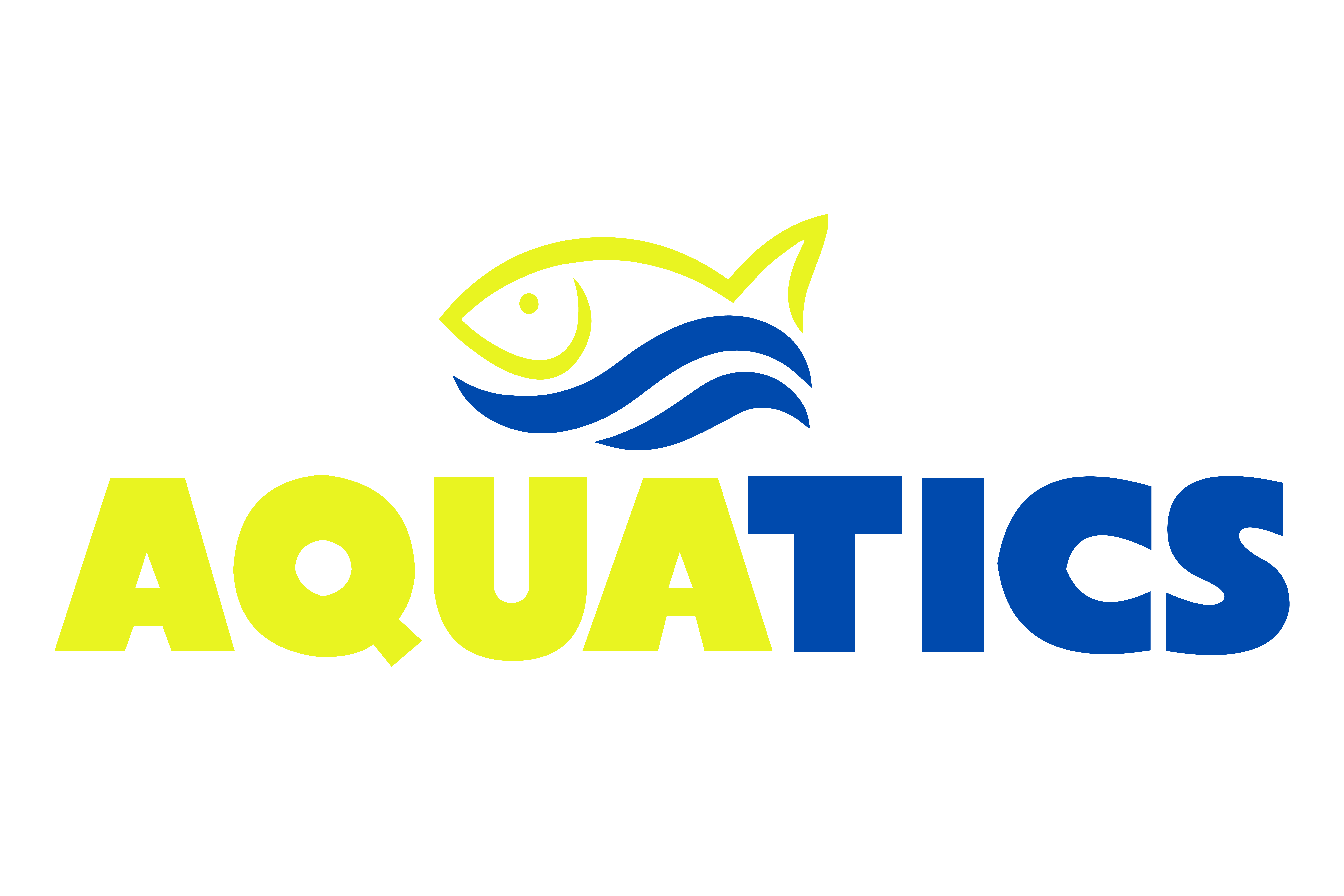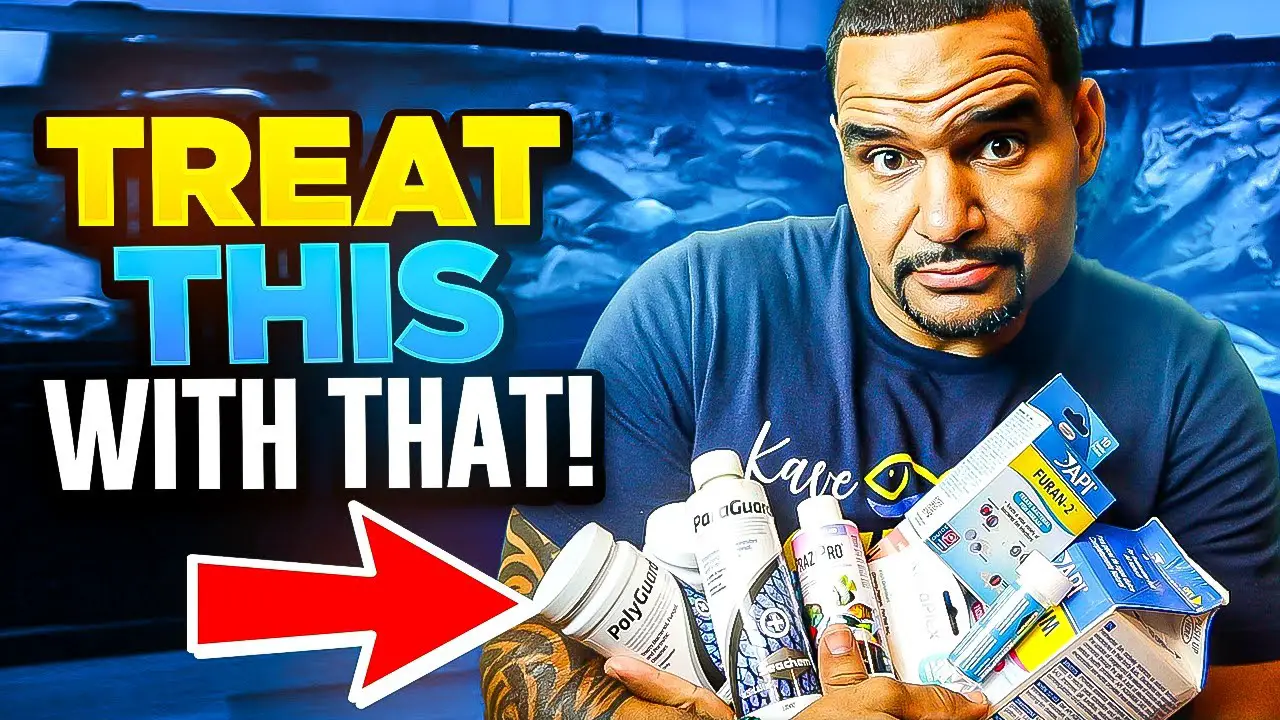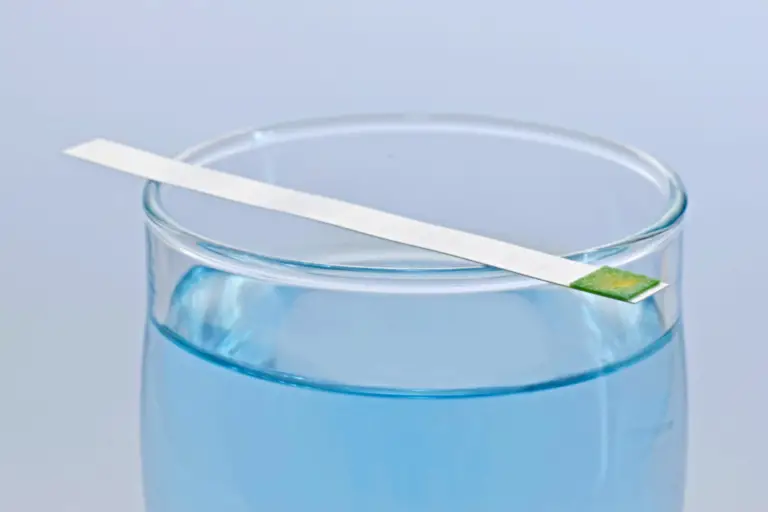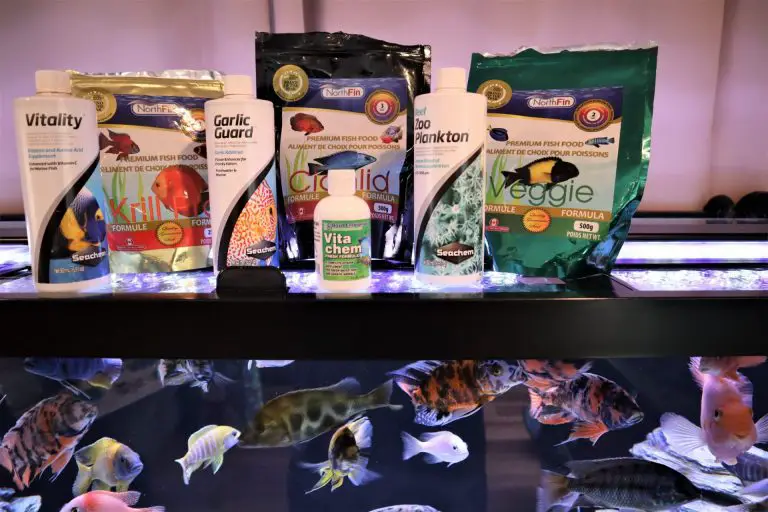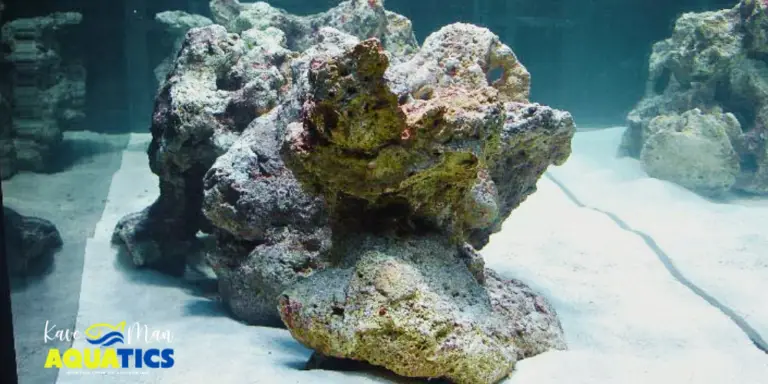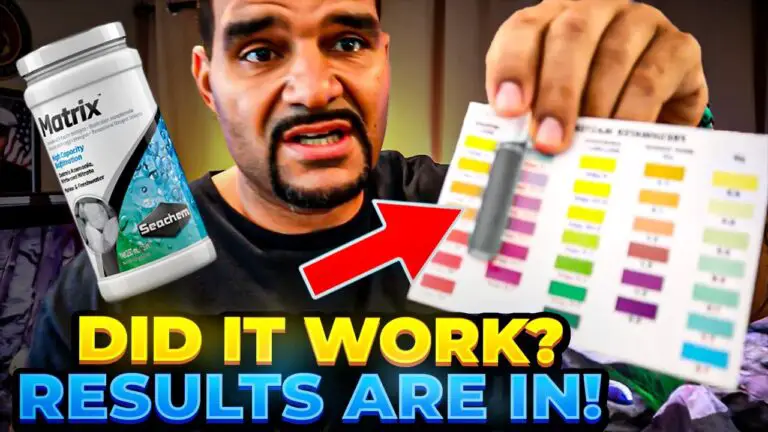10+ Aquarium Medications – From Mild to Massive
Just like any living being on this planet, fish too can get sick. So what aquarium medications do you grab out of the cabinet? We’re not doctors, we’re not vets – we just love our fish friends and want to keep a beautiful and healthy aquarium.
Knowledge is power! However, there is A LOT of information available about fish diseases and medications. It can be daunting to learn everything in order to keep your fish happy and healthy.
But we got your back. We’ve gathered all the basics into one article. That said, what we recommend here is based on our experience (again, we’re not doctors, we’re not vets). However, we at KaveMan Aquatics have amassed a wealth of knowledge and experience, so you can be confident that what we recommend here will benefit your fish friends.
Table of Contents
- In Case of Emergency, Read This First
- The Best and Most Basic “Aquarium Medications”
- How Fish Get Sick in the First Place
- Aquarium Medications and Quarantine Tanks
- Fish Diseases and Aquarium Medications
In Case of Emergency, Read This First
We’re guessing you’re here because you know your fish needs medication, but you might not know what exactly to give them. Here are some basic and general medication recommendations.
Internal Issues
Have you noticed that your fish aren’t eating, have white-stringy poop, and/or have a sunken belly? This is a sign of an internal parasite, most likely Hexamita.
- Start off with Seachem MetroPlex, Focus, and Garlic Guard mixed into your fish’s food and feed that to them. The garlic in Garlic Guard might stir up their appetite. Watch me give my fish internal parasitic treatment.
- Still not eating the medicated food? Try other medicated food such as Angel Plus’ Anti-Proto-Zoan flakes.
- Still nothing?! Remove the fish into their own hospital/quarantine tank and add Seachem MetroPlex directly into the water column.
- In the rare case that your fish is still not eating and losing mass and size, then this might be a type of Tapeworm or Flatworm. Try Hikari’s PraziPro. Both MetroPlex and PraziPro can be used together.
- Okay, what? Your fish are still not eating? Stay calm, but it’s time to try the last resort method: injecting medication directly into the fish’s stomach. If you’re unsure of how to approach this, watch me do it.
External Issues
The most common external issue that most fishkeepers have dealt with is Ich! If your fish has white little dots all around them, it’s definitely Ich. If caught early, Ich can be treated without the use of aquarium medications:
- The first step that you can take is to gradually increase the tank’s temperature. The temperature increase causes the parasite’s lifecycle to speed up and then fall off your fish faster (just be aware of other fish and live plants’ temperature requirements). In this free life stage (not attached to the host) is when it can be killed.
- Adding Aquarium Salt can also help in killing the Ich parasite in this stage.
- That said, if medication is required, Hikari Ich-x will get the job done.
Want to know more about Ich? Read this article on Ich in freshwater fish.
The Best and Most Basic “Aquarium Medications”
Why not start with the best and most basic aquarium medications there are… Are you ready? It’s a tank with clean fresh water, stable parameters, fish enjoying a nutritional diet, and a zero-to-low stress environment. That’s it!
Maintaining a healthy tank should always be a priority for all fishkeepers. Your fish’s immune systems will thank you.
It had to be said, but with that cliché out of the way, let’s quickly explain what may cause your fish to get sick.
How Fish Get Sick in the First Place
Listen… when fish get sick, they are most likely very stressed. The cause of their stress can vary. But here’s small a list of probable causes:
- Bad water parameters – High levels of ammonia, nitrites, and nitrates. Fluctuating pH levels and temperatures.
- Poor nutrition – The lack of good nutrition can cause a weak immune system.
- Aggression/bullies – When the “tank boss” or others go too far by causing injuries and a high-stress environment.
- Overcrowding and/or tank size – Inadequate space and overcrowding can cause aggression, poor water quality, and low oxygen levels.
By keeping a stress-free tank, you can avoid a vast amount of diseases to begin with.
Stressed Fish Symptoms
Now how do you know whether your fish are stressed? As a fish keeper, you need to observe your fish’s behavior frequently to spot any of the following signs of stress:
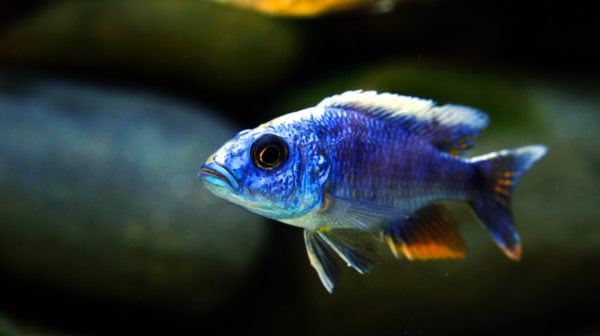
- Clamped fins
- Lethargy/low energy
- Sitting at the bottom of the tank
- Gasping for air at the surface
- Frantic swimming
- Loss of appetite
- Flashing (scraping their skin on surfaces)
- Constant hammering or twitching
- Appearance changes (coloration, sores, spots)
We also enjoy this article about how fish get parasites.
Aquarium Medications and Quarantine Tanks
Before we get into the details, using aquarium medications should always be the last resort! Especially when you consider using the strong stuff! Why? All medications are reducing agents that will reduce the available oxygen in the tank and that add to the stress your fish are already experiencing.
Watch our video on the why, how, and when to medicate quarantine fish if you wish to know more.
New Fish
The only exception to this rule is quarantining new fish. To fight disease and infection in your quarantine tank, we recommend auto-medication with only two very mild medications that cover all the bases: the “Quarantine Couple” (QC).
The QC consist of 1) Seachem ParaGuard (a prophylactic antiseptic) and 2) Seachem MetroPlex (an antibiotic that is very safe for all fish and very hard to overdose).
Aggression
If your fish have torn fins or any other physical sign of injury, they’re being bullied. Please separate the two by adding the injured fish into a hospital/quarantine tank. A fresh clean tank to have for themselves will give them time to heal from their injuries and their stress.
Even though Seachem StressGuard isn’t necessarily a medication, it can help repair their injuries and prevent infections from building up. This will also promote slime coat production for your beaten-up buddy.
Aquarium Salt can also treat a wide range of bacterial, fungal, and external parasites. Aquarium salt is cheap and safer than a lot of medications. However, be aware of the amount of salt your fish can tolerate. The salt stays in the water and does not evaporate, it can only be diluted.
And of course, increasing temperature levels gradually can also work as a form of non-medicated treatment.
Is the aggression getting too much? Learn how you can keep your African Cichlids from killing each other.
Fish Diseases and Aquarium Medications
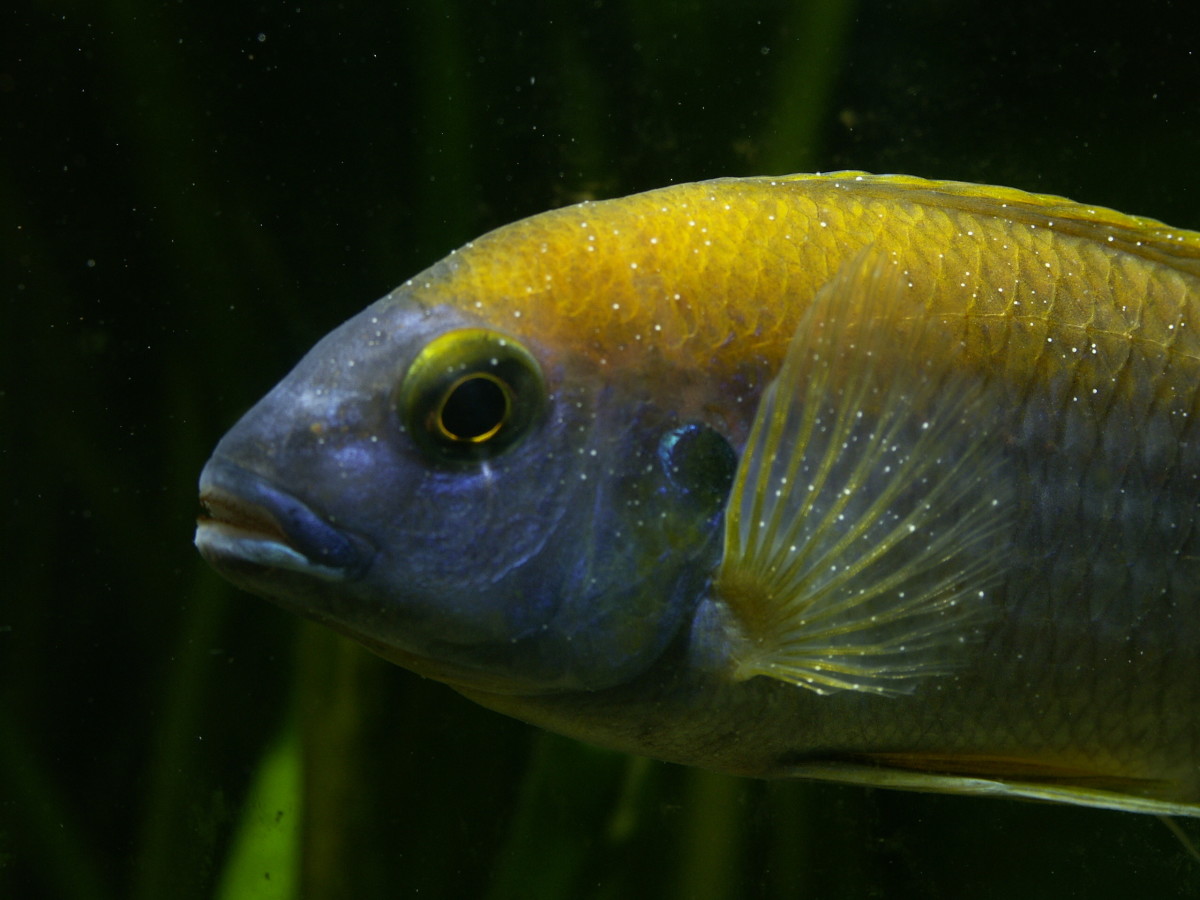
Parasitic Diseases
A parasite is an organism that needs a host to survive. Your fish is the host! Parasites live on or in your fish, leeching away their nutrition (gross). This causes your fish to become weaker, making them susceptible to secondary diseases and/or infections.
There are two types of parasites: 1) Internal (Endoparasites) such as Hexamita, and 2) External (Ectoparasites) such as Ich.
Endoparasites
Some internal parasite medication recommendations are (and are not limited to):
Seachem MetroPlex
The most effective medication, especially when mixed into food with the addition of Focus and Garlic Guard (this combo will attack the parasite in the fish’s gut). MetroPlex has little danger of overdosing while also having anti-bacterial properties.
MetroPlex also treats external parasites like Ich, Velvet, and external worms when added directly into the water column. This allows fish to absorb the medication through their gills.
Want to know more about Velvet? Here is an informative article on this disease.
Hikari PraziPro
PraziPro contains the ingredient Praziquantel, which is another anti-protozoan. This treats other types of less common tapeworms and flatworms as well as skin and gill flukes.
This is a ready-to-use, liquid concentrate that is extremely safe and highly effective while not negatively impacting your biofilter.
API General Cure
General Cure contains the active ingredients from both MetroPlex and PraziPro (Metronidazole and Praziquantel). This medication treats a wide variety of parasitic diseases including Velvet, Hexamita, and skin and gill flukes (Dactylogyrus & Gyrodactylus).
Ectoparasites
Some external parasite medication recommendations are (and are not limited to):
Seachem ParaGuard
ParaGuard is a safe broad-spectrum non-antibiotic prophylactic… Phew! Basically what that means is that it’s the best medication to start with. It’s safe, mild, and can be used as a preventative medication.
It’s perfect for when you get a new fish that shows no signs of any diseases and you don’t know what they may or may not have. ParaGuard is also a perfect treatment in the early stages of Ich, Velvet, fin rot, bacterial lesions, fungus, and external worms.
Seachem PolyGuard
PolyGuard treats not only parasitic diseases but bacterial and fungal diseases as well. It is a broad-spectrum medication, which makes it a perfect choice when you’re sure your fish is sick but you’re not sure what the disease is!
Hikari Ich-X
Ich-X is a popular Ich medication. Its widely respected formulation consists of using a less toxic form of malachite green. This makes the medication less taxing on your biofilter bacteria and your invertebrates.
Seachem Cupramine
Cupramine is a Copper treatment for Ich and Velvet. However, because it contains Copper, it cannot be used when you have live plants and invertebrates in your tank. It is bound on amine so it is not as toxic to fish.
Seachem MetroPlex, Hikari PraziPro, and API General Cure are also recommended for Ectoparasites.
Bacterial and Fungal Diseases
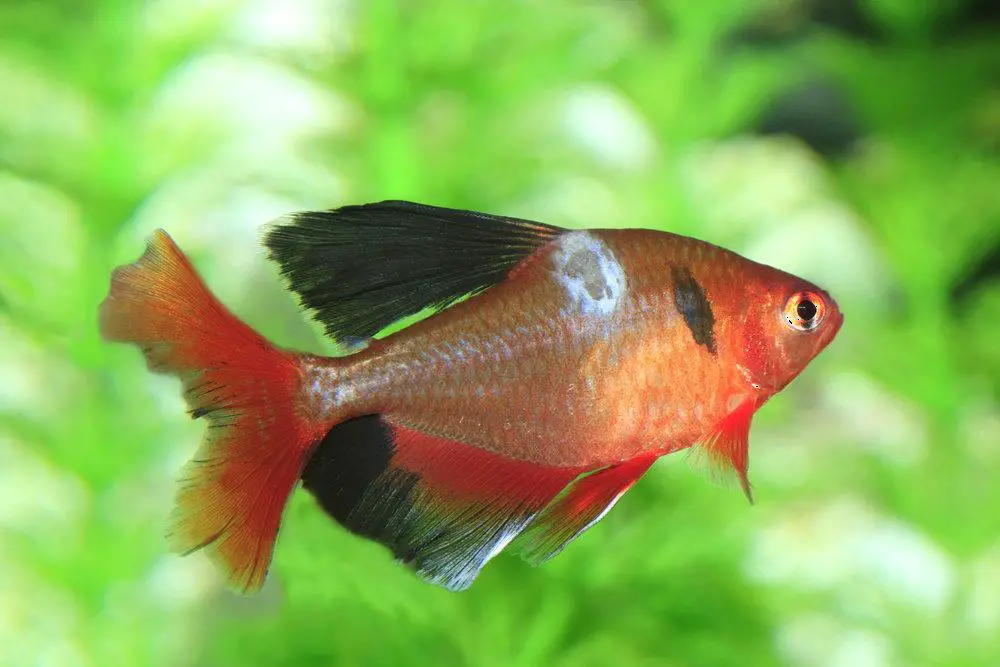
API Melafix and Pimafix
Both API Melafix and Pimafix are great aquarium medications for bacterial and fungal diseases. Melafix is antibacterial and Pimafix is antifungal. Pimafix is formulated to use in conjunction with Melafix to enhance its effectiveness against fish diseases.
Melafix will treat common bacterial infections such as open wounds and abrasions, tail rot, eye cloud, and mouth fungus. It also promotes the regrowth of damaged fins and tissue.
Pimafix will treat cottony growth, mouth and body fungus, and the reddening of the fins and body, in addition to both internal and external bacterial infections.
Both of which will not adversely affect the biofilter, alter the pH or discolor water.
API Furan-2
Furan-2 is a step up from Melafix and Pimafix. It contains compounds to combat a wide variety of bacterial diseases, including bacterial gill disease, open red sores, body slime and eye cloud, black molly disease and fin and tail rot.
However, Furan-2 will harm the biofilter and cause a slight discoloration of water (which can be removed with activated carbon).
Seachem KanaPlex
KanaPlex is a broad-spectrum antibiotic that treats fungal and bacterial diseases. Now, this is a very strong medication that is easily absorbed through the skin and gills where ingestion is not required.
It’s highly effective when your fish have a bacterial and/or a fungal disease and won’t eat. That said, KanaPlex can be ingested and mixed into their food, similar to Metroplex.
KanaPlex can help treat tail and fin rot, popeye, bacterial lesions, septicemia, bloat, fungus, columnaris, cloudy eyes, and dropsy.
If you want to know more about Columnaris, read this article on Columnaris disease in aquarium fish.
Seachem NeoPlex
If you’re not finding success with any of these aquarium medications, try using NeoPlex. As you’ve guessed, this is a broad-spectrum antibiotic that is effective against most external infections with minimal effect on your biofilter.
NeoPlex can help treat tail and fin rot, mouth rot, bacterial lesions, and bloat.
It’s basically the equivalent to KanaPlex, but it’s much… stronger… antibiotic. So, please follow the instructions carefully.
Viral Diseases
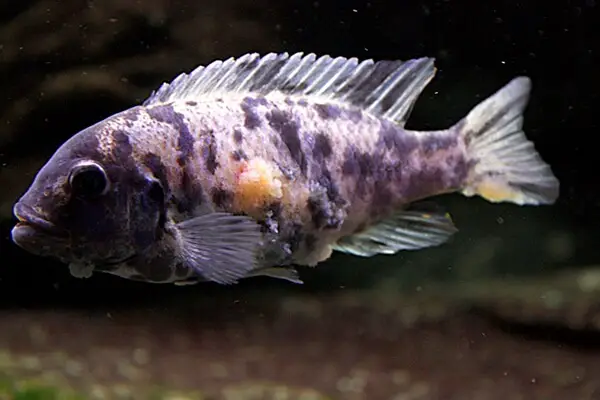
Viral diseases… Yes, fish, like all other living organisms, can be infected by a virus. Medications cannot kill a virus. All we can do is treat their symptoms. The fish’s immune system is what has to kill the virus.
Help the fish by keeping them as healthy as possible and by practising good preventative measures, such as:
- Before buying new fish, OBSERVE them. Look for any obvious signs of disease.
- Quarantine all new fish and treat with the “Quarantine Couple” as mentioned earlier.
- Keep your tank water clean and pristine with low nitrate levels.
- Keep your temperature consistent.
- Keep your pH levels consistent.
- Keep an eye out for any aggression in the tank.
- Make sure your fish are getting proper nutrition from a wide variety of foods. Adding supplements to your fish’s food goes a long way. Watch our video of our updated list of food supplements.
Conclusion
That was a mouthful! But, we do hope that this article has helped you understand fish diseases, the impact of stress, and the different aquarium medications available on the market.
Always observe your fish for any behavioral and physical changes, so you can spot a disease in its early stages and tackle it head-on!
Do your research on what signs and symptoms your fish are showing and refer back to this article and video to find suitable medications.
And of course, with whichever recommended aquarium medications you choose, please follow each of their instructions carefully.
